Advising 2. Recognizing the Spirit of Honors Outside of Formal Honors Programs
Christine Evans, University of Wisconsin - Madison
How can Honors programs serve more students and serve students better without additional financial and staff resources? This presentation introduces a philosophy of recognizing the spirit of Honors outside of formal Honors programs and discusses how applications of this philosophy have expanded recruitment, course offerings, and co-curricular programming for the Letters & Science Honors Program at the University of Wisconsin-Madison.
Research universities are filled with undergraduate students who wish to dive deeply into a chosen discipline and explore research, yet many of those students are not connected to Honors programs. In Fall 2023, Honors staff at UW piloted new “Honors in the Major Information Sessions” that served both as informal group advising for current Honors students and as a recruitment event for other first- and secondyear students whose interests may align with our college’s Honors tracks. Nearly 50 students attended the initial three sessions, with the highest attendance occurring in a residence hall lounge. Student feedback suggests that attendees found the sessions highly valuable and that sessions prompted new Honors applications and departmental Honors declarations.
To help meet the curricular needs of Honors students, Honors advising staff at UW have begun identifying courses that meet the spirit of our campus’s “accelerated Honors” designation but had not been previously recognized as Honors courses. This effort has created more options for students to complete Honors course requirements in areas that are meaningful to them, such as intensive language study. Identifying accelerated Honors courses within other high-impact practice programs has also made participation in multiple programs more feasible for students. Critically, no additional funding from the Honors budget has been required for these newly recognized Honors courses to be offered, and valuable learning experiences remain available to the general student population.
Through discussion of the above examples and others, I highlight how Honors programs can increase access and opportunities through dual-purpose programming, critical curriculum analysis, and intentional collaborations with campus partners. I also acknowledge how such initiatives involve logistical challenges and difficult yet important discussion about what defines or distinguishes an Honors experience at a particular institution, particularly within a broad landscape of high-impact practice programs. Critical and creative dialogue about the purpose and structure of Honors can produce new clarity around a particular program’s mission and the opportunities that exist to support students.
